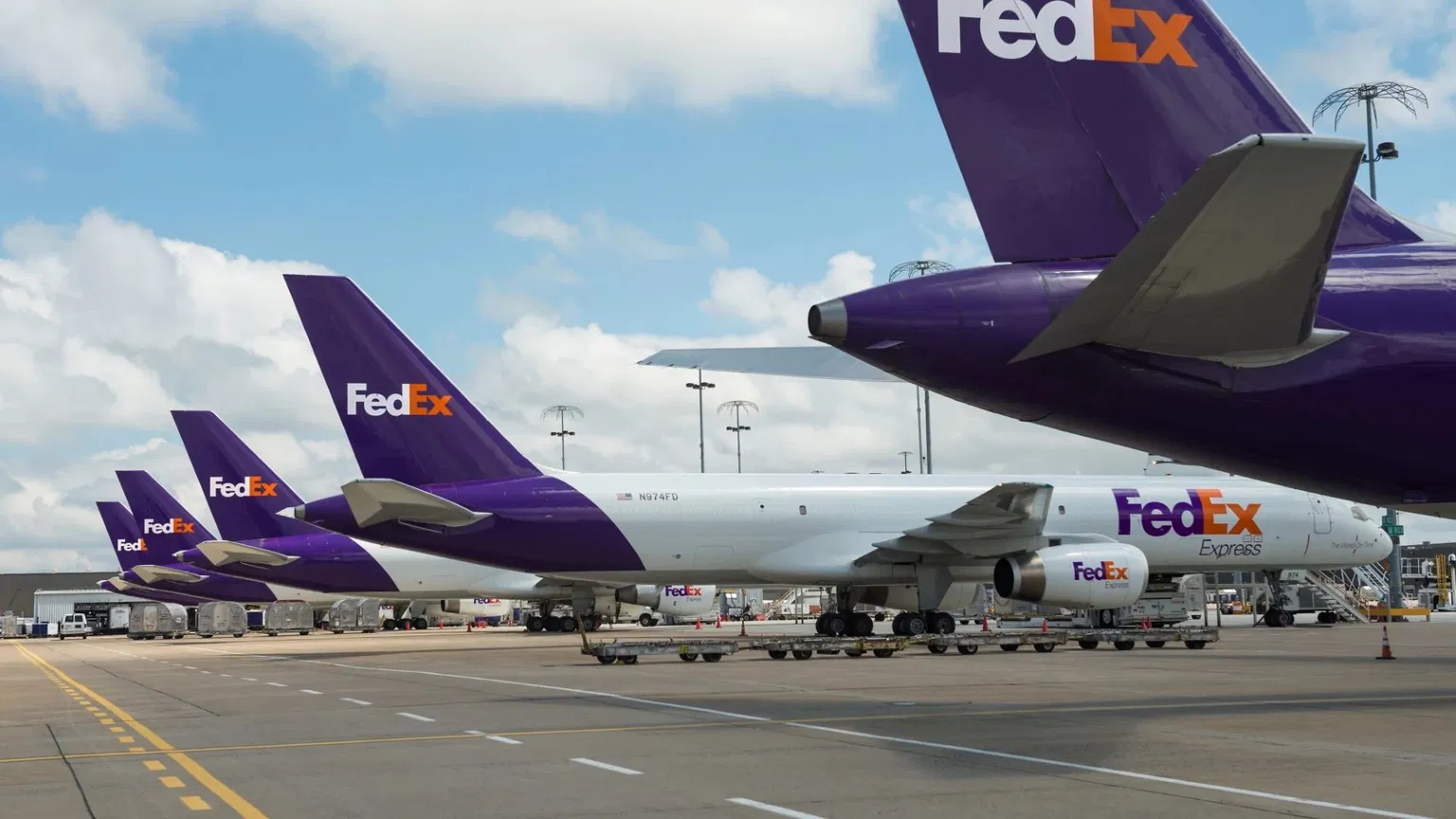Introdução
FedEx Corp. has made a strategic decision to retire a dozen freighter aircraft as part of an initiative aimed at enhancing operational efficiency and aligning its air network with market demands. This move not only signals a shift in logistics but also offers insights into the ever-evolving landscape of cargo transportation.
Aircraft Retirement Details
Recently, FedEx announced the permanent retirement of 12 aircraft, a step that incurs a $21 million impairment charge for the fourth quarter. The Memphis-based company dismantled seven Airbus A300-600 aircraft, three MD-11 tri-engine freighters, and two Boeing 757-200 freighters, in addition to retiring eight engines. Last year alone, 22 Boeing 757 cargo jets were decommissioned during the fourth quarter.
Fleet Composition Changes
With the latest retirements, FedEx’s total fleet has decreased to 698 aircraft, comprising 382 mainline jets and 316 feeder planes operated by partner airlines. Since fiscal year 2018, the fleet size has fluctuated between 670 and 710 aircraft. Following the recent changes, FedEx maintains 90 Boeing 757s, 34 MD-11s, and 58 A300-600s in its operational lineup.
Future Plans and Acquisitions
Despite the cuts, FedEx remains proactive in its procurement strategy. In its previous earnings report from March 20, the company revealed plans to purchase eight Boeing 777 freighters while delaying the retirement of its MD-11 fleet from 2028 to 2032 due to sustained demand in the international parcel market. Furthermore, plans are in motion to acquire 10 ATR 72-600 turboprop freighter aircraft, with deliveries set for the end of the decade.
CFO Insights
Chief Financial Officer John Dietrich highlighted that FedEx’s net reduction of 31 aircraft over three years reflects a 7% decrease from fiscal year 2022. The company aims to limit its aircraft investment to $1 billion in the coming fiscal year, a figure expected to remain stable for several years as FedEx aligns its resources with market demand.
Strategic Shift in Operations
FedEx has adjusted its flying operations in the United States following the expiration of its contract with the U.S. Postal Service in September. This change enables the company to concentrate more on high-demand international air cargo, which has led to an increased reliance on wide-body freighters typically booked through freight forwarders.
Desempenho financeiro
For the quarter ending May 31, FedEx reported a modest revenue increase of less than 1%, reaching $22.2 billion, while operating margins improved by 8%. This uptick can be attributed, in part, to structural cost-cutting measures under its multi-year Drive initiative, coupled with robust volume increases at FedEx Express.
O impacto na logística
The recent aircraft retirements and adjustments in fleet composition carry significant implications for the logistics industry as a whole. Streamlined operations and enhanced fleet efficiency can positively influence shipping times, reduce operational costs, and improve service reliability.
Industry Trends
This strategic decision reflects a broader trend within the logistics sector, where efficiency and adaptability are paramount. As companies navigate fluctuating demands and strive to offer competitive pricing, staying abreast of technology improvements and operational efficiencies becomes increasingly essential.
Explore More with GetTransport.com
At GetTransport.com, the emphasis on providing affordable and versatile cargo transportation solutions aligns perfectly with the shifts seen at FedEx. Whether it’s for office moves, residential relocations, or the delivery of bulky items, the platform serves as a reliable partner. The ability to navigate logistics effectively is at the heart of every successful transportation operation.
Key Takeaways from FedEx’s Transition
- Aircraft Retired: 12 freighter aircraft, including Airbus and Boeing models.
- Fleet Size: Reduced to 698 aircraft.
- Investment Plans: Limiting aircraft investment to $1 billion in the fiscal year ahead.
- Market Focus: Emphasis on premium international air cargo.
- Revenue Growth: A slight increase in revenue alongside improved operating margins.
Even the best reviews and the most honest feedback pale compared to hands-on experience when discerning how these fleet and operational changes will influence logistics and cargo transport worldwide. On GetTransport.com, individuals and businesses can access global cargo transportation solutions at competitive rates, helping to make informed decisions while avoiding unwanted surprises.
With the convenience of a user-friendly platform and extensive options for transportation needs, GetTransport.com stands ready to simplify your logistics process. Planning for your next shipment? Consider how GetTransport.com can help with your cargo, freight, and moving needs efficiently and effectively. Reserve a sua viagem com GetTransport.com.

 FedEx Otimiza a Frota: Uma Ação Rumo a Uma Eficiência Aprimorada">
FedEx Otimiza a Frota: Uma Ação Rumo a Uma Eficiência Aprimorada">